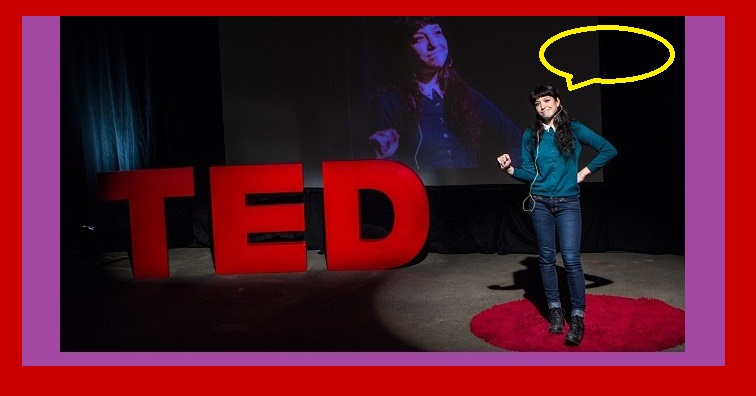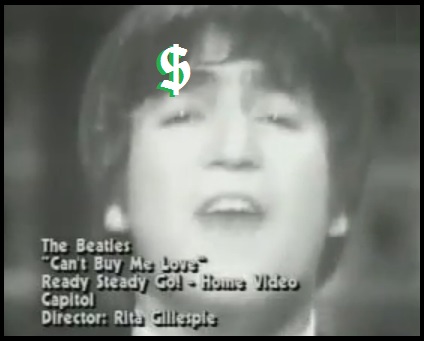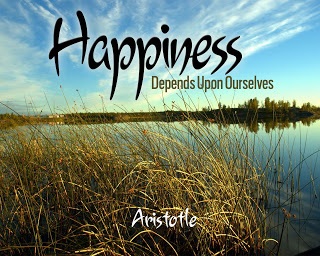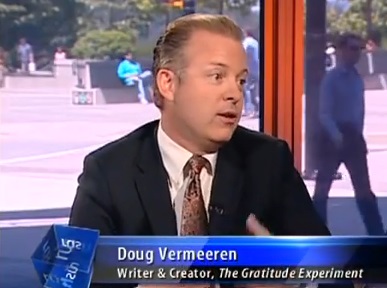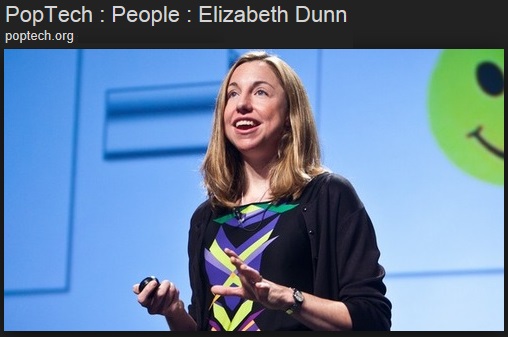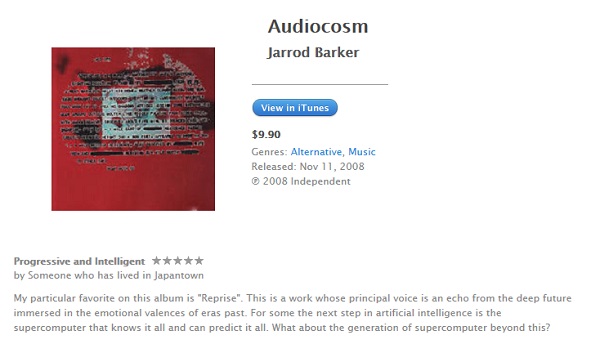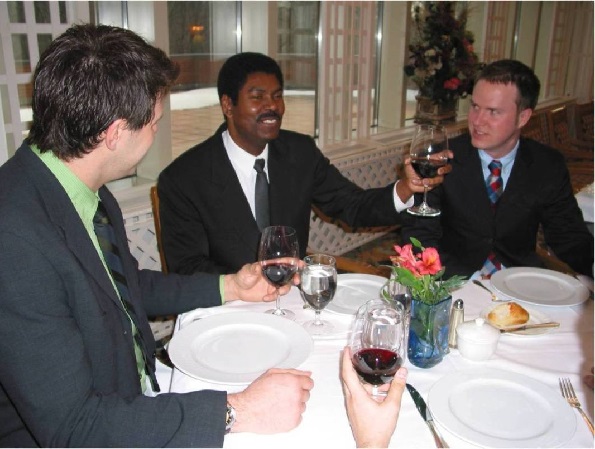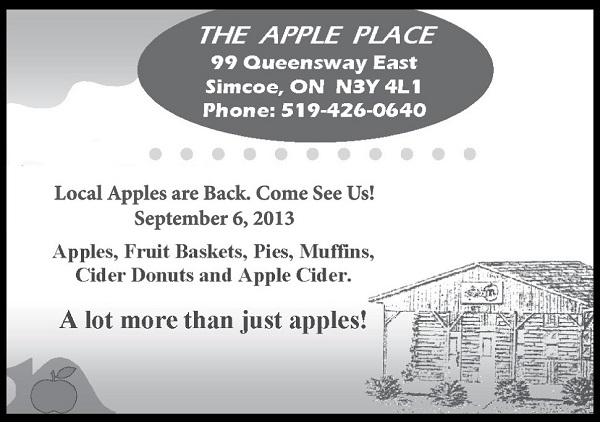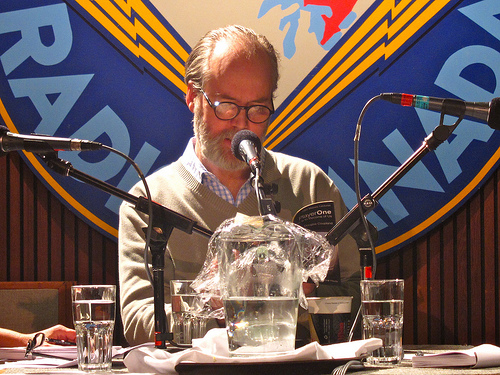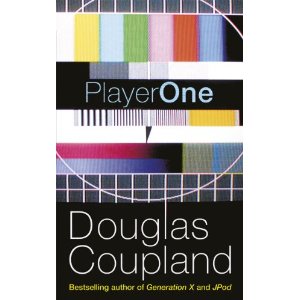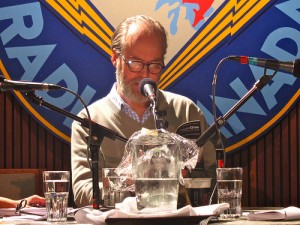TED talks, YouTube rants and Mr. Peanut, the mascot for Planters Peanuts, are all signs of just how highly valued the art of oratory is today.
“Yep, even Mr. Peanut (voiced by Robert Downey Jr.) has been seen in Planters ads over the past couple of years giving TED-style presentations; people are spending top dollar to attend a well-presented speech with useful information from an inspired perspective, and the best speakers may be regarded fairly as today’s rock stars,” says expert speaker coach Jane Atkinson, author of “The Wealthy Speaker 2.0”.
“The ability to command a fee is a sign that you’ve made it as a speaker. However, as with rock stars, it’s a long way to the top if you’re just starting. But if you have something to offer then you can reach that fee status, and there’s a reliable path to follow.”
The three phases to becoming a paid speaker.
• Ready. “Picking a lane” in your topic is the first step to becoming not only a paid speaker, but a wealthy one, too. Ask yourself the questions, “What topic do I want to be known for five years from now?” and “Will someone pay me for that information?” When looking to hire a speaker to deliver a keynote speech for a conference, who will be picked from a pool of experts – a jack of all trades or someone who hits the center of the bull’s-eye on a topic? When picking a lane, consider delving into topics including leadership, engagement, corporate culture or communication. This is the phase in which you’ll want to really develop your bona fides, including your material and establishing the goal of how you’d like to help your audience.
• Aim. Here is the marketing phase that cannot be underappreciated. It includes aspects like your website and what you do to drive traffic there, which may include a well-written blog with relevant content, and media exposure. However, the most important way to market yourself is to do a truly excellent job with your actual speech. A good speech for a speaker is like a great pastry for a baker – a quality product speaks volumes itself. There is no better form of marketing than a great speech. Therefore, if you think your speech could use help, take care of it right away. No amount of marketing dollars, no fancy Facebook page and no ultra-cool website can overcome a mediocre presentation. However, when you market yourself, you’ll want to include a number of materials, including your brand, promise statement, photos, a bio illustrating credibility, testimonials and more.
• Fire. Now, you need to identify your target market and determine the best method to reach them. You need to roll out your product and continue to build momentum. Be ready to fire your message to your target market via a public relations campaign strategy. There are multiple ways of effectively getting good attention from the media, but don’t believe all attention is good attention. Carefully consider your press releases. Atkinson says the mistake most speakers make is sending out a press release that does not answer the question: “So what?” They don’t tie it to anything relevant into which the press can sink their teeth. Another way to “fire” is to identify your ideal customer, also called the The Attraction Method, as detailed in the book, “Attracting Perfect Customers: The Power of Strategic Synchronicity” by Stacy Hall and Jan Brogniez.
“If you feel as though you have something to offer audiences via oral presentations, then you probably do,” Atkinson says. “These days, so much content can be had for free online, but that doesn’t take the place of a live experiential presentation. A presentation that is ‘epic’ will remain in your memory for years. The ability to present your content live, and make the presentation worthwhile and relevant, means you can earn a reliable stream of revenue based on what you’re good at.” For the Silo, Jane Atkinson.
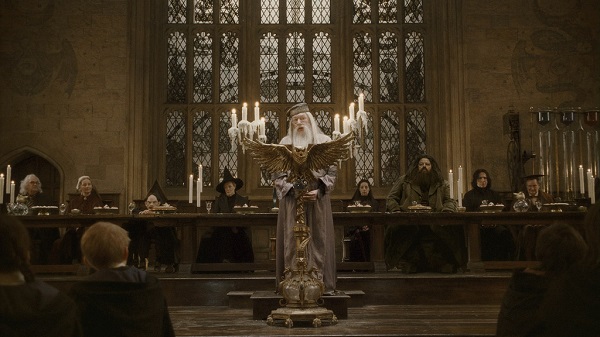
Supplemental- Top 10 Highest Paid Public Speakers in the World
